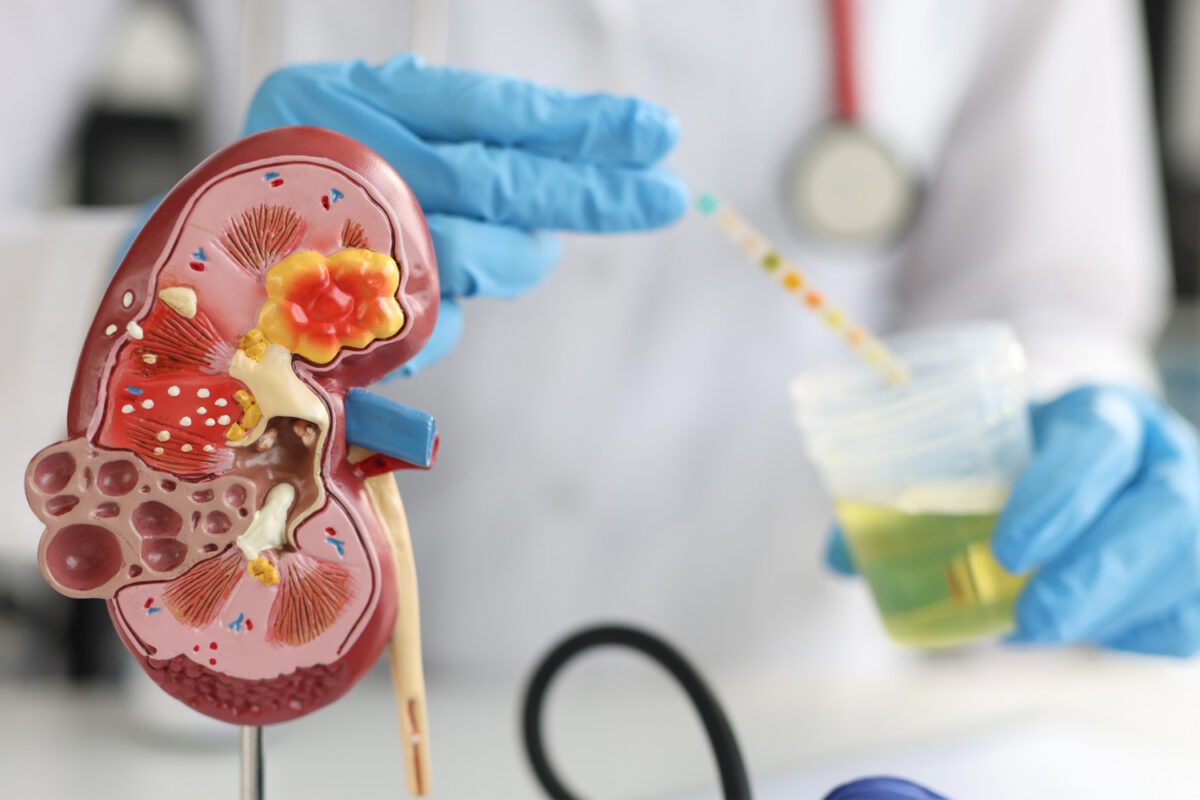
Management of End stage Kidney Disease (ESKD)
What are End Stage Kidney Disease (ESKD)?
ESKD (end-stage kidney disease) is a condition where there is no way to heal or treat the kidney A child’s kidney begins to progressively become incapable of cleaning waste and toxins from the blood, as well as controlling the amount of red blood cells it produces. ESKD can either be treated with dialysis or a kidney transplant.
Kidneys play an important role in your overall health. They balance electrolytes and produce certain hormones that support the body as a whole. When chronic kidney disease becomes ESKD, dialysis or a kidney transplant is required to survive.
Dialysis is usually required for patients with end-stage renal disease, as the machines help cleanse the blood and balance the body’s fluid balance.
Causes
Kidney failure occurs when the kidneys are no longer able to function normally,
Diabetes or hypertension are common causes of ESRD in adults, but congenital irregularities of the kidneys and urinary tract (CAKUT) are common causes of ESRD in children. The term “congenital” means that these conditions were present at birth.
Symptoms
- Nausea
- Vomiting
- Loss of appetite
- Fatigue and weakness
- Changes in how much you urinate
- Chest pain, if fluid builds up around the lining of the heart
- Shortness of breath, if fluid builds up in the lungs
- Swelling of feet and ankles
- High blood pressure (hypertension) that’s difficult to control
- Headaches
- Difficulty sleeping
- Decreased mental sharpness
- Muscle twitches and cramps
- Persistent itching
- Metallic taste
Treatment we provide
Measurement of vital signs : These include measuring the patient’s temperature, blood pressure, heart rate, respiratory rate, and oxygen saturation. In addition, the physician may measure height and weight.
Analysis of BP monitoring : This involves monitoring the patient’s blood pressure over a period of time to detect fluctuations or trends in the readings.
Urologic examination to prepare a transplant candidate’s bladder : This involves a series of tests to determine if the bladder is suitable for transplant, such as a cystoscopy, ultrasound and other imaging studies.
Nutrition and growth management for optimal development : This includes a balanced diet to promote the child’s growth and development. In addition, a doctor can give advice on lifestyle changes to promote healthy habits.
Optimization of CKD – MBD (mineral Bone Disease) Parametere.
- Category
- Services
- Type of service
- Surgery
- Cost of service
- Starting from $2800

